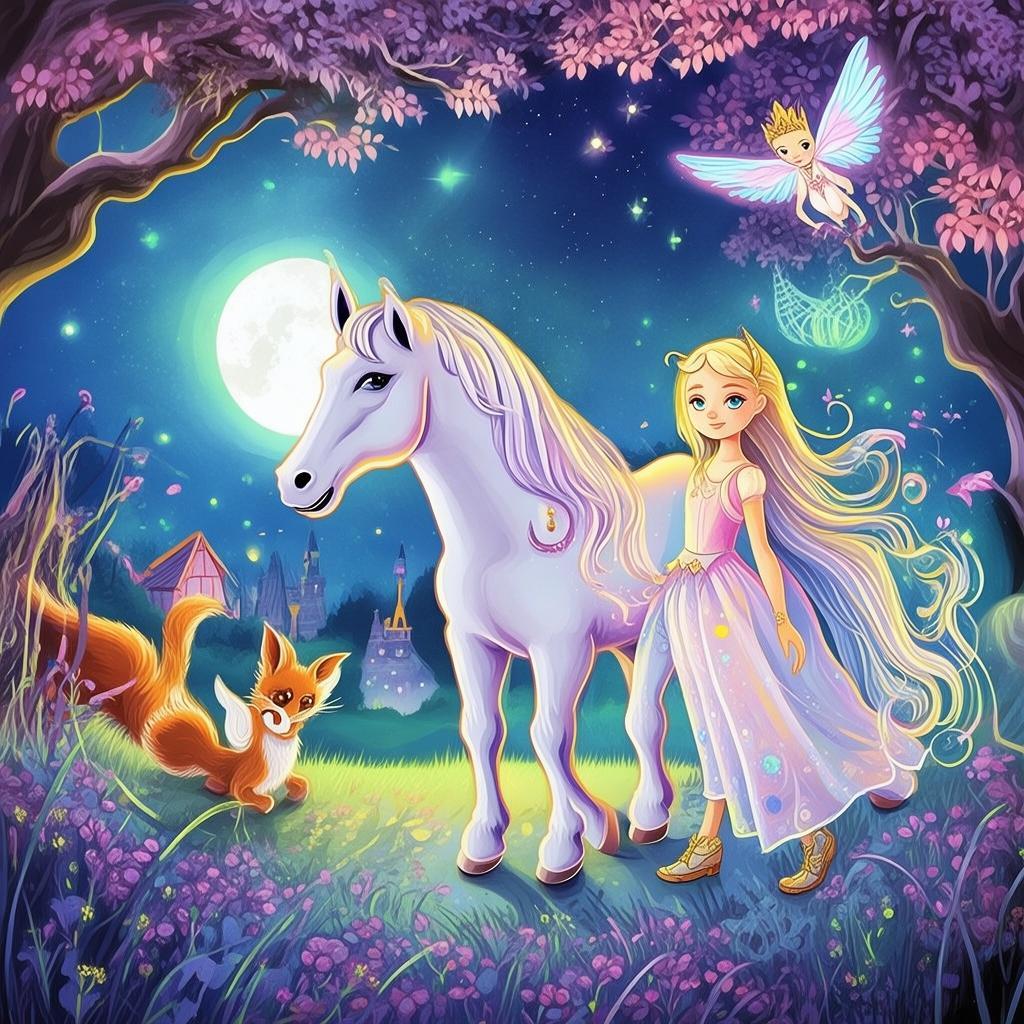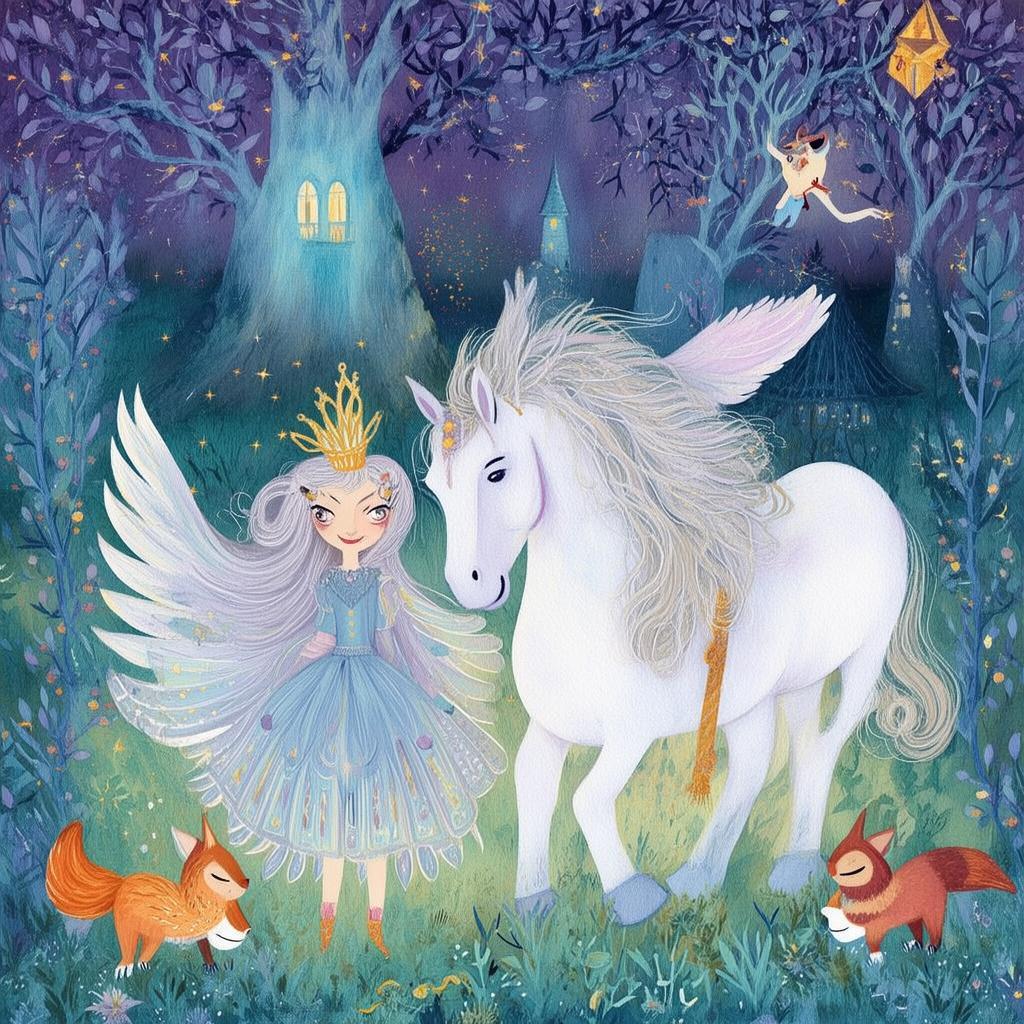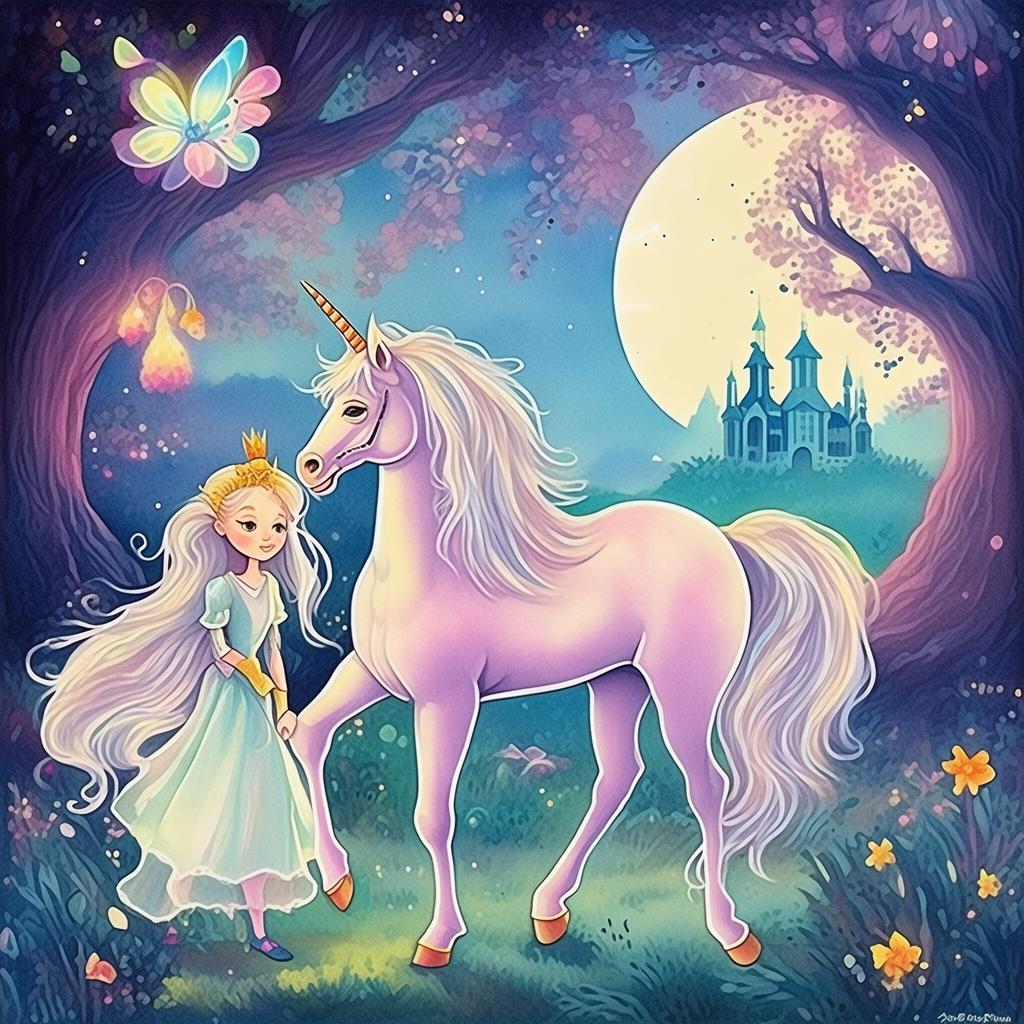The Bard's Redemption: Echoes of the Silent Stage
In the heart of a forgotten town, where cobwebs whispered tales of bygone days, stood the dilapidated Old Merriweather Theater. Its once-grandiose facade was now adorned with ivy and neglect, a silent sentinel to the glory days of yesteryear. The theater, once the pride of the town, had long since been abandoned, its last performance a somber affair that had never seen the light of day.
In the shadow of this abandoned stage, a young actor named Eamon wandered, his face etched with the lines of struggle and the weight of a broken dream. Eamon had spent years studying the works of Shakespeare, his voice a testament to the Bard's genius. Yet, the stage had turned its back on him, and his talent remained an untapped wellspring of potential.
One stormy night, as the rain beat against the old theater's windows, Eamon found himself drawn to the dilapidated building. The wind howled through the broken windows, carrying with it the faintest echoes of laughter and the distant sound of a play. In that moment, a sense of destiny seemed to grip him, and he pushed open the creaking door.
The interior was a labyrinth of shadows and dust, the seats long since crumbled and the stage a mere skeleton of its former self. As Eamon wandered deeper into the bowels of the theater, he stumbled upon a small, dimly lit room. The air was thick with the scent of old wood and the faintest hint of something ancient.
In the center of the room stood a small, ornate box, its surface adorned with intricate carvings. Eamon's curiosity got the better of him, and he opened the box to find a scroll within. The scroll was a script, written in an elegant hand that seemed to dance across the parchment. As he unrolled the scroll, he was struck by the beauty of the language, the words of Shakespeare coming to life in his mind.
But as he read, he felt a strange presence, a presence that seemed to be watching him. The room seemed to grow colder, and the shadows around him seemed to close in. Eamon turned to see a figure standing in the doorway, a man with a face that seemed to be carved from the very wood of the theater.
"Who are you?" Eamon demanded, his voice trembling with fear.

The man's eyes met Eamon's, and for a moment, Eamon thought he saw a flicker of recognition. "I am the spirit of the lost soul," the man said, his voice a deep, resonant baritone. "I am Shakespeare's voice, bound to this place until my words are spoken again."
Eamon's heart raced as he realized the gravity of the situation. "What must I do?" he asked, his voice barely a whisper.
"The theater has forgotten its purpose," the spirit explained. "You must find the lost soul of Shakespeare's work and bring it to life once more. Only then will the curse be lifted."
With that, the spirit vanished, leaving Eamon alone with the scroll. He knew that he had been chosen for a reason, that this was his destiny. He began to act out the scenes, his voice filling the empty theater with the words of the Bard. The rain continued to fall outside, but within the walls of the theater, a new storm was brewing.
As the days passed, Eamon became more and more immersed in his role, the words of Shakespeare flowing through him like a river. He felt a connection to the Bard, as if the spirit of the playwright had taken residence within him. The theater, once silent and forgotten, began to come alive once more, the echo of laughter and applause filling the air.
But not all was well. The town's people began to notice the changes, the old theater once again a place of wonder and enchantment. Some saw it as a sign of good fortune, but others were wary of the changes. A group of townsfolk, led by a man named Mr. Grimes, sought to close the theater, convinced that the resurgence was a harbinger of doom.
In the face of this opposition, Eamon's resolve only grew stronger. He knew that he had to continue, that the spirit of Shakespeare demanded it. One night, as he was rehearsing a particularly difficult scene, he felt a presence behind him. It was Mr. Grimes, his face twisted with anger and suspicion.
"Why do you do this?" Mr. Grimes demanded. "What is it you seek?"
Eamon turned to face him, his eyes filled with determination. "I seek to bring back the lost soul of Shakespeare's work," he replied. "I seek to remind the world of the power of language and the magic of the stage."
Mr. Grimes hesitated, a flicker of understanding crossing his face. "Very well," he said, stepping back. "But know this: the theater is not yours to control. It belongs to the people."
Eamon nodded, his heart swelling with gratitude. He knew that Mr. Grimes was right, that the theater was a shared space, a place for everyone. With that, he resumed his rehearsals, his voice a beacon of hope in the midst of the storm.
The night of the grand opening arrived, and the theater was filled to capacity. The townsfolk gathered, their eyes wide with anticipation. Eamon stepped onto the stage, the scroll in his hand, and began to speak the words of Shakespeare. The audience was captivated, their breath held in anticipation.
As Eamon delivered the lines, he felt a connection to the Bard that was almost tangible. The words seemed to flow through him, a testament to the power of language and the magic of the stage. The theater was alive once more, and the lost soul of Shakespeare had been found.
As the play concluded, the audience erupted into applause, their hearts filled with wonder and joy. Eamon stepped from the stage, his eyes brimming with tears. He had done it, he had brought back the lost soul of Shakespeare's work, and the theater had been reborn.
In the days that followed, the Old Merriweather Theater became a beacon of hope for the town. People came from far and wide to see the performances, and the theater was once again a place of wonder and enchantment. Eamon had found his purpose, and the spirit of Shakespeare had found its voice once more.
The story of the Bard's Redemption had spread far and wide, a testament to the power of language and the magic of the stage. And in the heart of the forgotten town, the Old Merriweather Theater stood as a silent sentinel, a reminder of the enduring legacy of Shakespeare and the power of the human spirit.
✨ Original Statement ✨
All articles published on this website (including but not limited to text, images, videos, and other content) are original or authorized for reposting and are protected by relevant laws. Without the explicit written permission of this website, no individual or organization may copy, modify, repost, or use the content for commercial purposes.
If you need to quote or cooperate, please contact this site for authorization. We reserve the right to pursue legal responsibility for any unauthorized use.
Hereby declared.









